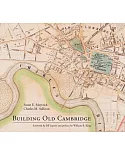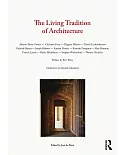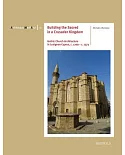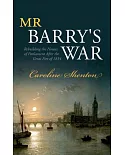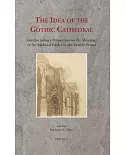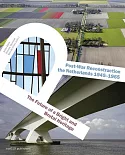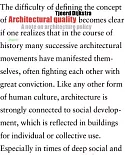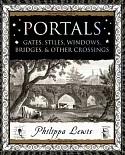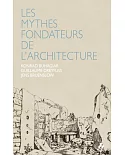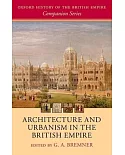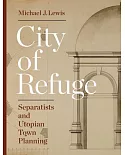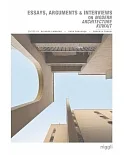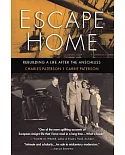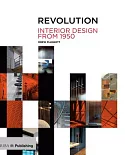The Modernist architecture of the two post-war decades established Vancouver's reputation as a center for progressive design and culture, a city where architects pursued their desire "to make
of architecture a great humanistic experience." With an introduction by Adele Freedman discussing Modernism in Canadian architecture as a whole, Rhodri Windsor Liscombe's The New Spirit
is the first comprehensive study of the acclaimed Modernist architecture of Vancouver.
Modernism in Vancouver had many facets: it was a synthesis of expressions driven by a sense of social responsibility; it emphasized concerns such as economy of form, human uses, relation to
site, affordability, and the effective employment of new technology. The author explores 25 years of sophisticated and distinctive architectureal innovation, examining both the conditions that
brought this movement about and the forces that led to its decline. Given the eventual debasement of Modernism and the demolition of many of these Vancouver buildings, this account of the
ambition of Modernist Canadian architects "to enhance the physical environment for human well-being" -- in homes, community centers, libraries and universities, churches, office towers, and
apartment buildings -- serves as a reminder of how high ideals and a lively architectural culture can shape a better city.


